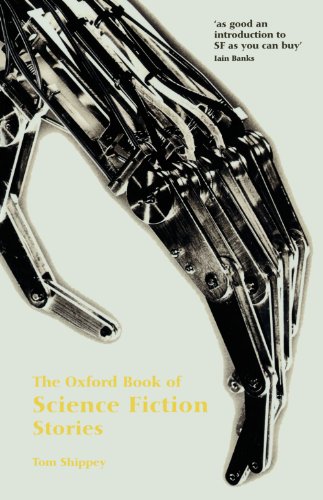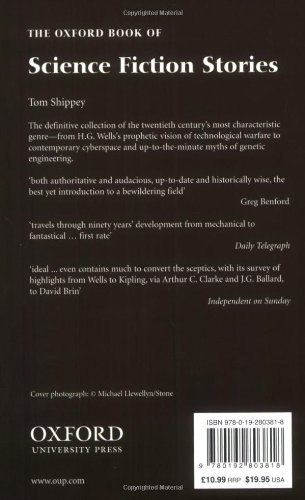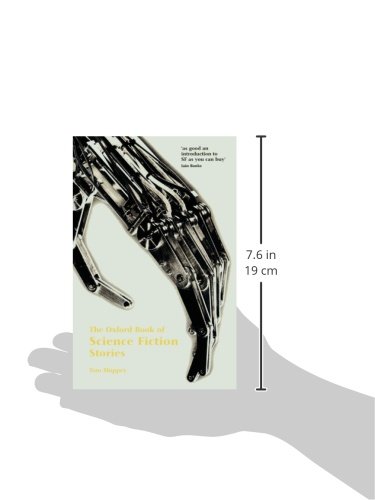These stories are selected with the cerebral reader in mind---that reader who will slog through static, atmospheric, literary stories without ever skipping ahead to see if anything ever happens (it doesn't). They probably ate all their brussels sprouts as kids, too. If you read books because they are good for you, you'll love these.If, on the other hand, like me, you read SF because you want to empathize with characters facing fascinating problems and you want to be thrilled by what happens next, then there are few stories here to thrill you.The pick of the litter:The Screwfly Solution is subtly perverse, dark, wonderfully told and scary as hell (is it happening now?).Desertion is, though predictable, sweetly satisfying, especially to dog lovers.The Monster is the cleverest Van Vogt ever wrote, mind blowing and will have you cheering for the human hero for a change.The Swarm is such a vivid visit to a hive that it will have your skin crawling, and the twist is gut-wrenching.Second Night of Summer is a fine heartwarming tale of evil aliens, a boy and a simpler time.The others are snoozers only an Oxford English major (or the author's mother) could love.But don't take my word for it...



